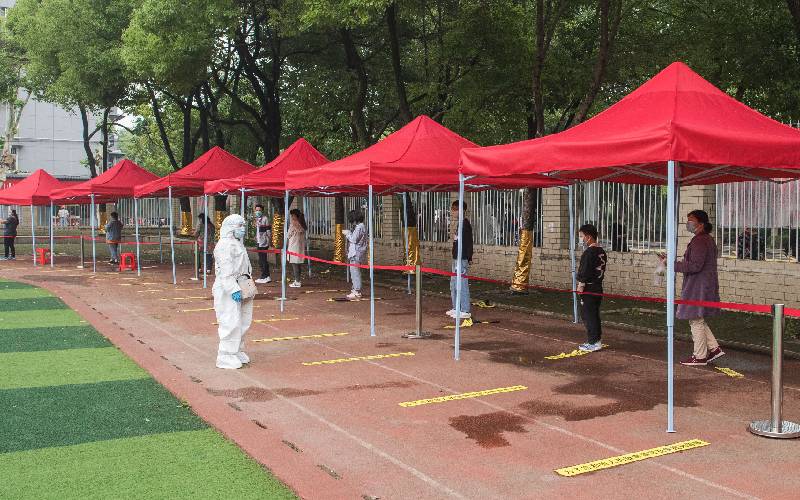×
The Standard e-Paper
Stay Informed, Even Offline

Wuhan, in central China's Hubei Province, tested nearly 10 million residents in a 19-day drive to screen for novel coronavirus infections, with officials hailing the effort as ending "psychological lockdown" for the virus-ravaged city.
The city tested 9,899,828 people between May 14 and June 1, according to a press conference on Tuesday afternoon.